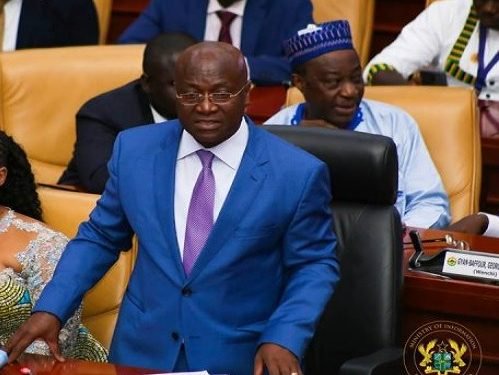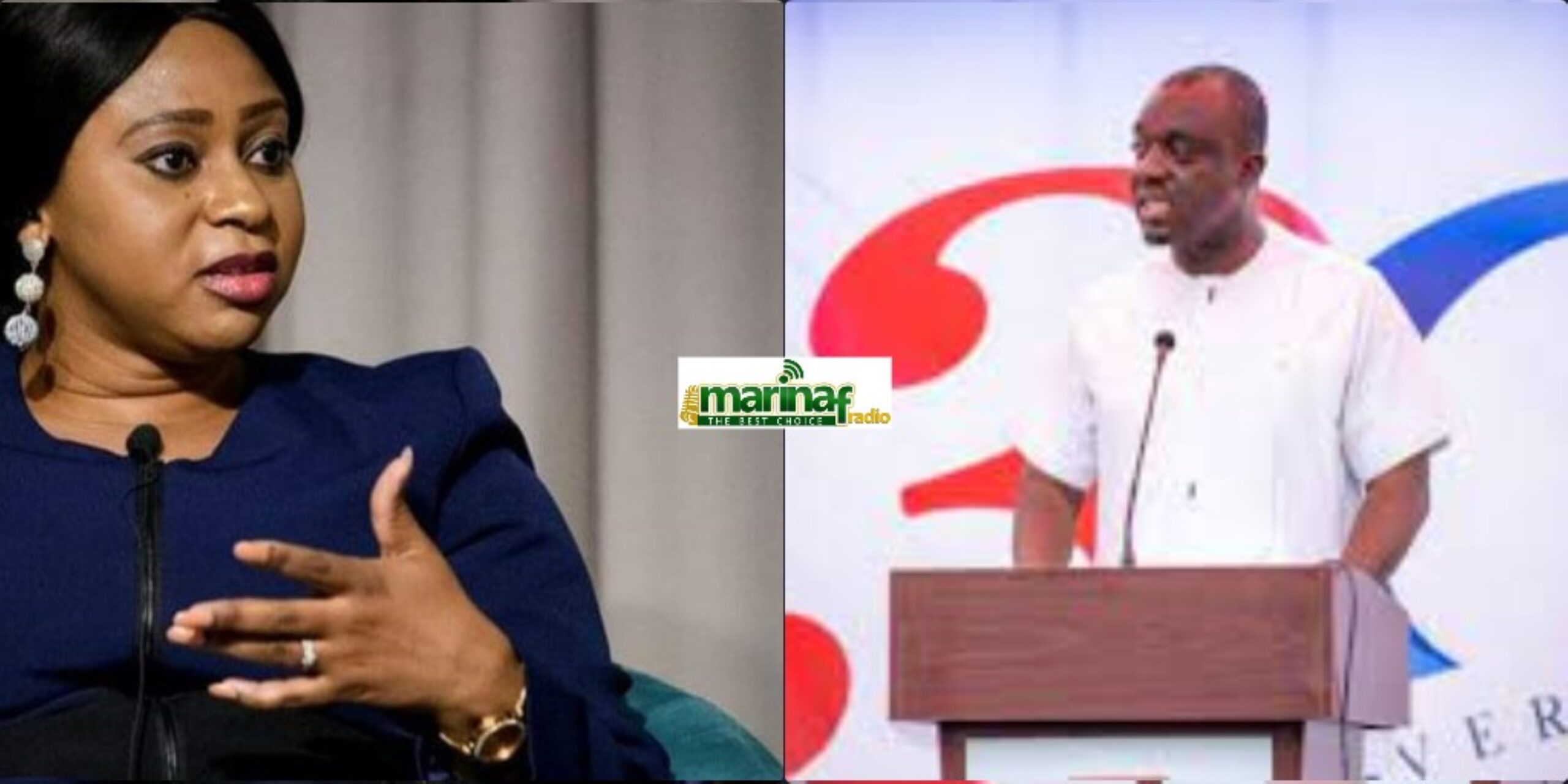
Former President John Dramani Mahama has expressed deep concern over the rising debt in Ghana’s energy sector, which he claims could lead to a resurgence of power outages, commonly referred to as “Dumsor.” The alert comes amid growing worries about the current administration’s handling of the energy crisis and its possible long-term effects on the country’s infrastructure. Mahama’s warning highlights the severe challenges facing the energy sector, which has been a key issue during the tenure of the New Patriotic Party (NPP) government.
The Growing Debt in the Energy Sector
The main source of Mahama’s concerns is the significant debt that has accumulated in the energy sector under the current government. He noted that the NPP administration has racked up a massive $2.5 billion in unpaid debts to energy providers, which could severely disrupt the country’s energy supply. According to Mahama, the mismanagement of the sector has placed the nation on the brink of a severe energy crisis, which could once again trigger the dreaded Dumsor, a situation where the power supply is regularly interrupted or unavailable for extended periods.
The issue of Dumsor has plagued Ghana in recent years, particularly during Mahama’s administration, when the country faced significant energy supply challenges. Although the government had taken measures to stabilize the situation at the time, the issue has remained a point of contention in Ghana’s political landscape. Mahama’s statement, which comes just after his election victory on December 7, underscores the critical nature of addressing this issue to ensure that the country does not revert to the days of persistent power outages.
Mahama’s Call for Action
In his recent address, Mahama did not just focus on the immediate threat of Dumsor but also called for urgent action to rectify the energy sector’s management. He urged the government to step up efforts to settle the debt and put measures in place to stabilize the country’s power supply. Mahama’s team has indicated that if the issue is not resolved quickly, the energy sector could face a situation that would lead to a complete collapse of the power system, exacerbating the daily struggles of Ghanaians who rely heavily on stable electricity for their homes and businesses.
Mahama has made it clear that his administration, should he return to office, will prioritize the energy sector and ensure that measures are implemented to avoid a recurrence of Dumsor. He expressed confidence that with proper management and negotiation of energy contracts, Ghana can stabilize its energy supply and avoid further debt accumulation. However, he emphasized the importance of transparent and effective governance to prevent future power crises.
The NPP Government’s Energy Strategy
The NPP government, on the other hand, has defended its handling of the energy sector, highlighting improvements in the energy supply and a reduction in power outages over the past few years. President Akufo-Addo’s administration has focused on expanding the country’s energy infrastructure, including the construction of power plants and the introduction of renewable energy sources.
However, critics argue that despite the government’s efforts, the accumulation of debt and the lack of effective management in certain areas of the energy sector could eventually undermine these advancements. Some have pointed out that while there has been progress in terms of capacity, the failure to address the underlying issues of financial mismanagement and debt could lead to another energy crisis.
The Potential Impact of Dumsor on Ghana’s Economy
The ramifications of a potential Dumsor crisis are far-reaching, particularly in the context of Ghana’s economic recovery. The country has faced significant economic challenges in recent years, with inflation, currency depreciation, and a high cost of living becoming major concerns for Ghanaians. The energy crisis, if not addressed, could add to these economic burdens, disrupting businesses, affecting productivity, and increasing the cost of living even further.
For many businesses, especially those in industries that rely on a consistent power supply, power outages can result in lost revenue, lower efficiency, and increased operational costs. The manufacturing and industrial sectors would be hit particularly hard, as would small and medium enterprises that depend on regular access to electricity. Additionally, power outages could further deter foreign investments and hinder the country’s long-term economic growth prospects.
Mahama’s Vision for the Energy Sector
Mahama has made it clear that if he is elected again, his administration will take a more hands-on approach to resolving the energy crisis. He intends to focus on renegotiating Ghana’s bailout deal with the International Monetary Fund (IMF) to free up funds that could be directed toward the energy sector. He has also proposed addressing the multiplicity of taxes that have been imposed on businesses, arguing that such measures discourage investments and create unnecessary financial burdens on the Ghanaian people.
One of Mahama’s key promises is to work towards stabilizing the energy supply by modernizing the existing infrastructure, investing in renewable energy solutions, and ensuring that the country’s energy needs are met in a sustainable and affordable manner. His administration is expected to prioritize energy efficiency programs, which would aim to reduce the overall demand for electricity and cut down on wasteful spending in the sector.
The Political Backdrop and Public Response
Mahama’s warnings have sparked political discussions, with his supporters and critics weighing in on the current state of the energy sector. Many of Mahama’s followers have expressed frustration over the NPP government’s failure to address the energy crisis effectively. On the other hand, NPP supporters argue that the current administration has made strides in improving Ghana’s power supply and that Mahama’s claims are exaggerated.
As Ghana moves forward, it is clear that energy will be one of the most critical issues facing the country. The public will be closely watching the actions of both the current and future administrations to see how they address the debt-ridden energy sector and ensure that Ghana’s power supply remains stable. Mahama’s remarks have once again put the spotlight on the need for comprehensive reforms and transparent management in the energy sector, which remains a key pillar of Ghana’s economic future.
As the debate continues over the state of Ghana’s energy sector, one thing is clear: the country cannot afford another round of power outages that could cripple businesses and disrupt daily life. The stakes are high, and Mahama’s focus on tackling the energy crisis head-on could be a critical factor in his political future. The solution to Ghana’s energy woes lies in the hands of those who can effectively manage the sector’s finances, negotiate fair energy contracts, and implement policies that will keep the lights on for all Ghanaians.
For now, the country watches closely as both the current and future administrations face the tough challenge of ensuring that Ghana’s energy sector remains robust, efficient, and capable of supporting the country’s economic growth.




